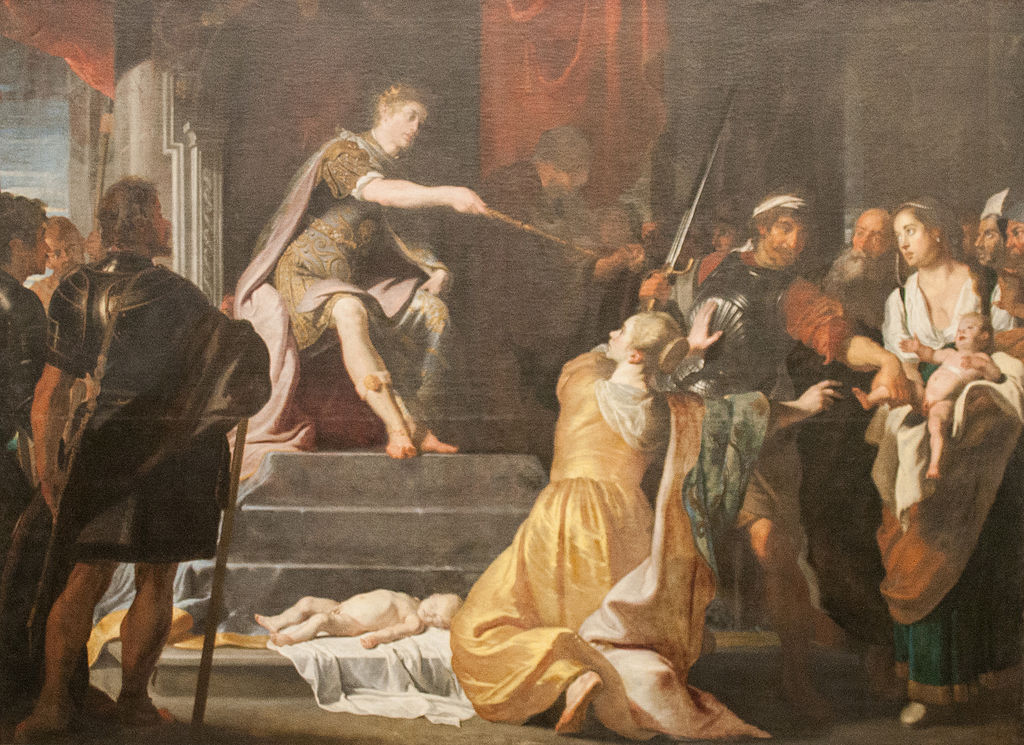13.30-17.00, Room 108, Mast House The Arts Institute and School of Humanities and Performing Arts will be hosting a symposium around the theme of Heritage Research Programme 13.00-13.30: REF and Research Update (James Daybell) 13.30-13.45: Introduction and overview of ‘Cornerstone Heritage’ (James Daybell, History and Daniel Maudlin, History) 13.45-14.45: Session 1 Diana Walters (International Museums… Continue reading 21st April 2017: Heritage Research Symposium
Tag: Kim Stevenson
CfP: Union & Disunion in the 19th century
PUNCS (Plymouth University Nineteenth Century Studies) invites proposals for 20-minute papers for a proposed international, interdisciplinary conference on 22nd and 23rd June 2017 at Plymouth University (UK) on the general theme of union and disunion. In him all union and disunion shine ‘Prologue’, Thomas Holcroft, The Deserted Daughter (1806) Among the rare phenomena of the day in… Continue reading CfP: Union & Disunion in the 19th century
A Time of Judgment (23-24 June 2016): Conference Report
Judgment everywhere. Implacable judgment in scarlet up in the Central Criminal Court or delivered in measured tones in the High Court of Chancery. Beside the Embankment in the imperial senate, judgment confidently uttered before the witnesses in committee chambers or mumbled amid the gilded crockets of a stifling House of Lords. Judgment by the bearded… Continue reading A Time of Judgment (23-24 June 2016): Conference Report
23-24 June 2016: What did ‘Judgement’ mean in the 19th century?
Registration is now open for ‘A Time of Judgement: The Operation and Representation of Judgement in 19th century Cultures’ to be held on 23 and 24 June 2016 at Plymouth University. Please note that you can benefit from the Early Bird Delegate rate and save £25 by booking before 31 May. This international, interdisciplinary conference seeks… Continue reading 23-24 June 2016: What did ‘Judgement’ mean in the 19th century?



